How to pronounce histoire
Do you find the information below useful? If you do, you can get guides like it for 1,000+ French words by downloading this app for your iPhone or iPad.
| l | 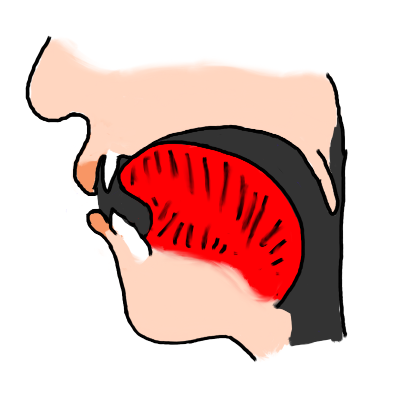 | The French 'l' is similar to the 'l' in English "with Lee". The tongue tip usually touches the back of the upper teeth. It is also a so-called "clear" l: in other words, you don't raise the back of your tongue as you pronounce the French 'l', as occurs in some cases in English. | |
| i | 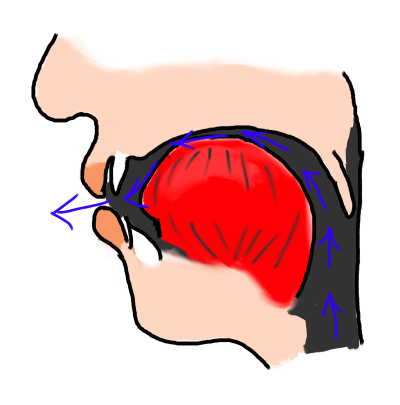 | The French 'i' vowel is pronounced with the tongue almost as far forward and close to the roof of the mouth as it will go and with the lips spread. Aim to "tense" your lips for a moment as you pronounce it. | |
| s | 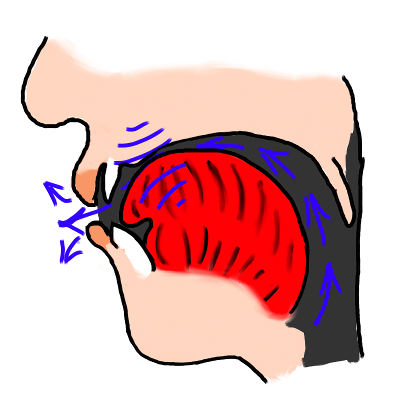 | A French 's' sound is made in a very similar way to an English 's' sound, by bringing the front part of the tongue very close to the ridge behind the teeth, causing friction as the air escapes. However, many English speakers use the very tip of the tongue, whereas in French it is common to use the part of the tongue just behind the tip (called the "blade" of the tongue). | |
| t |  | The French 't' is pronounced like an English 't' after a 'th' sound (as in "with two"). Your tongue touches the back of the teeth. Also try to avoid a "strong burst of air" (aspiration) as in English. If you are a native English speaker, repeat the word "tool" then "stool" with your hand in front of your mouth. In "tool", you'll feel a stronger burst of air than in "stool". In French, pronounce the 't' as in English "stool", without the strong burst of air. | |
| w | 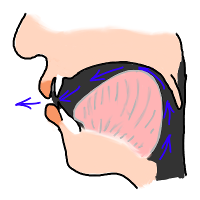 | This is a sound a little like an English "w", where you glide rapidly between a French 'ou' vowel and another vowel. When a French 'ou' vowel is followed by another vowel, the 'ou' usually automatically turns into this glide. | |
| a | 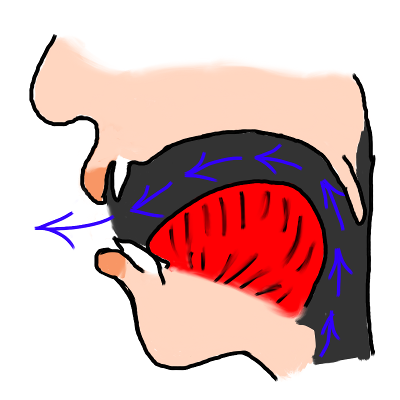 | The French 'a' vowel is pronounced with the tongue far forward in the mouth and the mouth quite wide open, but not quite as open as for a typical English 'a' vowel. | Notice how this vowel is lengthened here before the r sound at the end of the word. |
| ʁ | 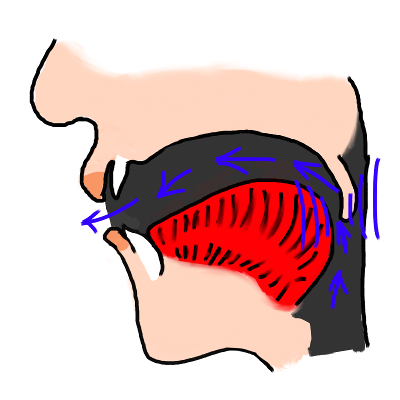 | The French 'r' is generally what is technically called a "uvular fricative". In simple language, that means you bring the back of your tongue close enough to the back of the mouth that it causes friction (the "raspy" sound that you hear) with the escaping air. |